Articles
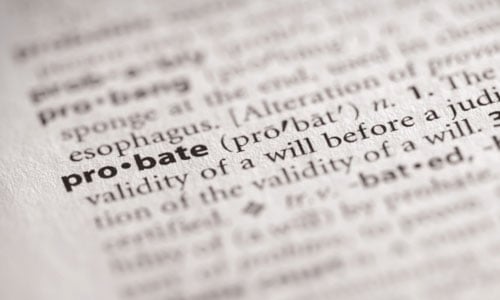
January 16, 2024
Can I Probate a Will Without a Lawyer in Texas?
Most individuals seeking to probate a will in Texas are required to hire an attorney to represent them in the probate proceeding.
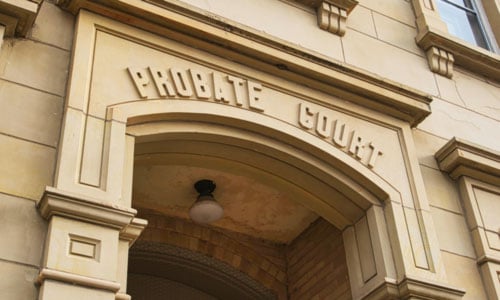
January 14, 2024
How Much Does Probate Cost?
The cost of probate in Texas varies significantly depending on the particulars of a given case.

November 15, 2023
My Family Member is Hiding a Will: Legal Implications and Next Steps
The passing of a loved one is an emotionally charged time for families. As they come to terms with the loss, families also face the legal implications of the deceased’s last wishes.

November 15, 2023
Can I probate a lost will in Texas?
In Texas, a lost or destroyed will can still be admitted to probate if the person seeking probate of the will can establish its existence, its contents, and the circumstances surrounding its loss or destruction.

August 7, 2023
How do I contest a forged will in Texas?
To prevail in a will contest on the grounds that the will is a forgery, a party must produce sufficient evidence to prove their case.

April 1, 2023
The Top 10 Estate Battles Of All Time
Death comes to us all, and celebrities are no different than the rest of us in that regard.

March 15, 2023
Can I File A Will Contest On A Contingency Fee Basis?
In a contingency fee arrangement, an attorney agrees to represent a client without requiring upfront payment.
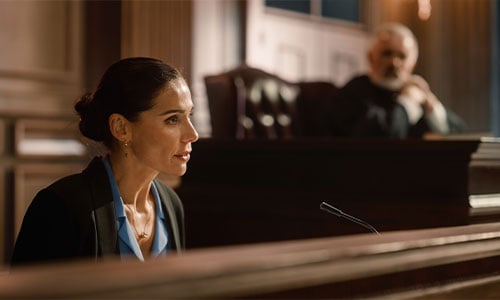
March 8, 2023
Expert Witnesses In Will Contests
In a will contest, expert witnesses can provide valuable information and testimony to support a party’s position.

March 1, 2023
Can I Inherit As A Common-Law Spouse In Texas?
A common law spouse can inherit from a decedent’s estate whether the decedent died with or without a valid will.
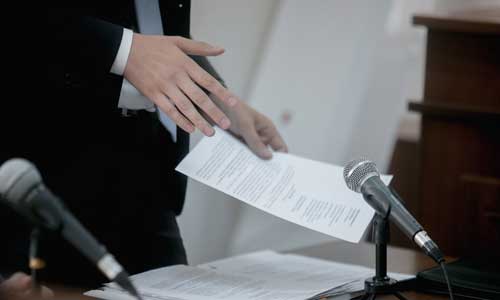
February 23, 2023
Witness Testimony And Depositions In Will Contests
A deposition is a pretrial discovery tool used in civil litigation, including will contests, to gather information from witnesses and parties involved in the case.

January 31, 2023
Lack of Testamentary Capacity in Texas Will Contests
In Texas, will contests frequently allege that a will is invalid because the testator (the person making the will) lacked the testamentary capacity necessary to make a valid will.

January 31, 2023
Evidence in Will Contests, Probate Litigation, and Trust Litigation in Texas
Probate litigation involves disputes over a will or trust. Will contests dispute the validity of the will document itself and seek to have it invalidated by a court with jurisdiction pursuant to the Texas Estates Code.

January 31, 2023
Power of Attorney Abuse in Texas
A power of attorney (the “POA”) is a legal document that allows someone (the “principal”) to give another person (the “agent” or “attorney-in-fact”) the authority to make decisions and take actions on their behalf.

January 31, 2023
Undue Influence in Texas Will Contests
A contestant may challenge the validity of a will on the basis that the testator – that is, the person making the will – would not have executed the will were it not for the exercise of undue influence of one or more third persons.
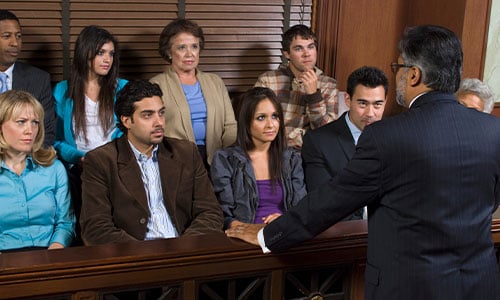
December 23, 2019
Probate litigation: An introduction to will contests in Texas
A will can be challenged based on any of a number of legally sufficient reasons. Under Texas law, an interested party may challenge the validity of a will in a lawsuit called a will contest.

December 23, 2019
When can I sue for the mismanagement of a trust?
A trustee has significant authority over the management of a trust’s assets. Accordingly, the trustee has numerous legal duties and obligations.
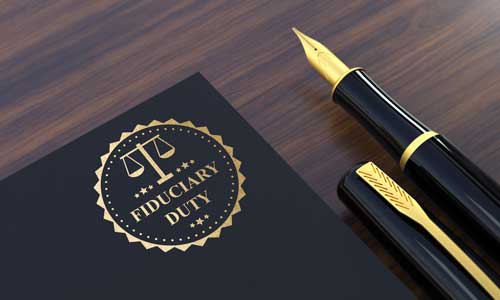
December 23, 2019
Fiduciary duties in probate administration explained
The law imposes duties on people in a variety of circumstances. Everyone who drives a car, for example, has a duty not to drive negligently.

December 23, 2019
Recent Texas case highlights issues with handwritten wills
Texas law recognizes a handwritten will as legally valid. Handwritten wills are known as “holographic wills.”

